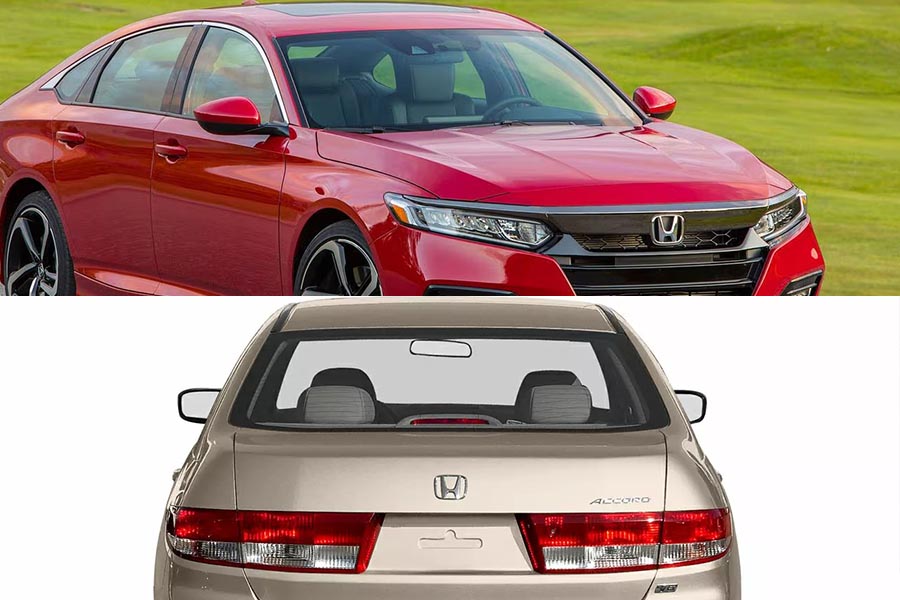Honda is widely recognized for producing safe and reliable vehicles. Many owners praise their Honda for years of trouble-free performance, and the brand is generally trusted for reliability.
However, not all Honda models live up to this reputation, as some have encountered notable issues. Several Honda models have experienced specific problems, with hundreds of owners reporting various faults and recalls.
These problematic vehicles include many of Honda’s most popular models, spanning various years from nearly classic to recent ones.
SlashGear reviewed data from the NHTSA, including recalls, active investigations, and consumer complaints, to highlight model years that may be less reliable for used car buyers.
These models have exhibited issues that Honda addressed in future redesigns.
2018 Honda Accord
Honda introduced the 10th-generation Accord in 2018, featuring updated styling, new tech, and various powertrain options.
However, the new generation had some initial issues, with NHTSA data showing five recalls and 1,031 owner complaints.
The latest recall, from December 18, 2023, addressed a fuel pump failure risk while driving. This followed an earlier recall for the fuel pump on May 28, 2020.
Brake issues were the most common consumer complaints, with premature wear and false braking warnings frequently reported.
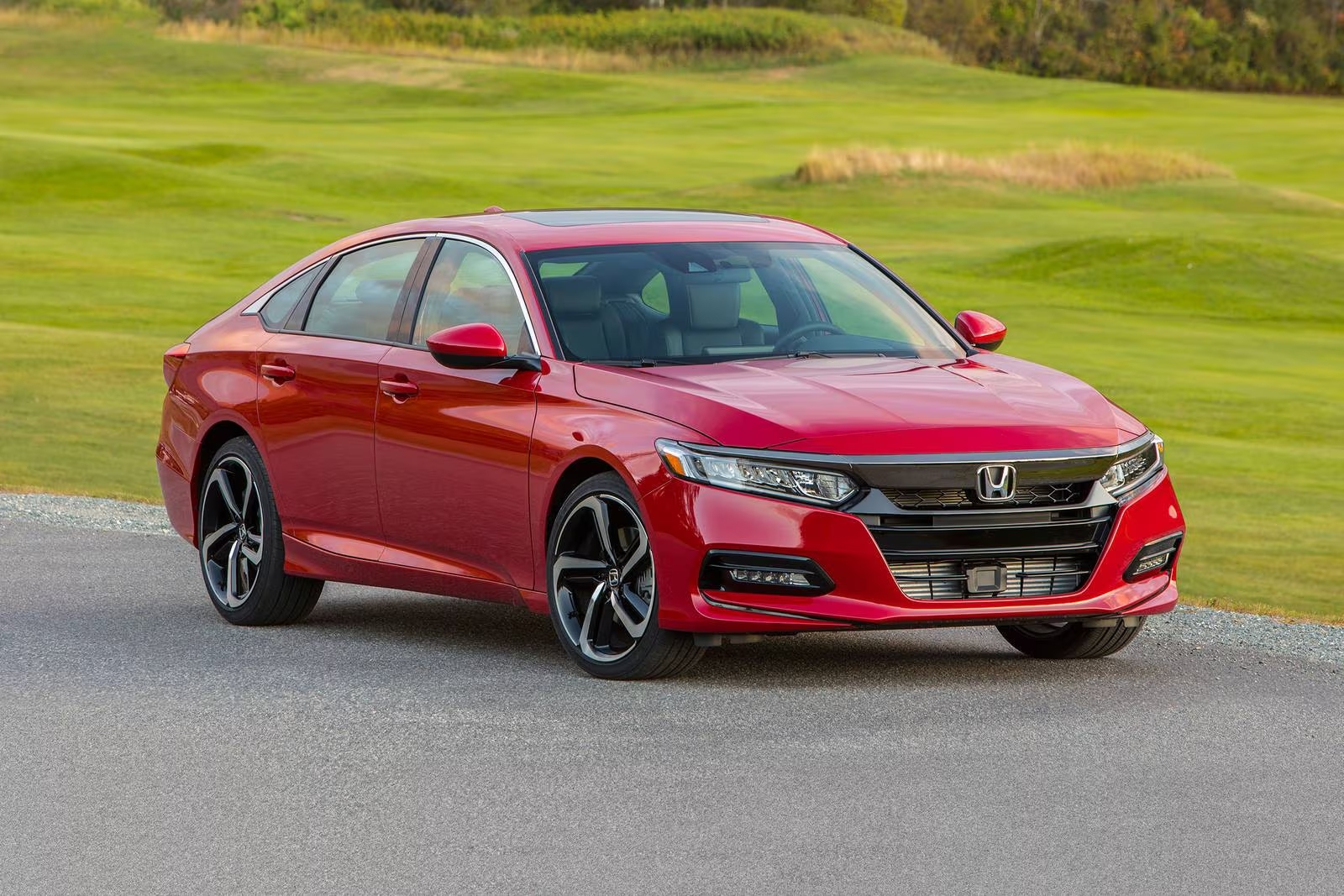
Engine issues, such as head gasket failures, were also prevalent. Additionally, the fuel pump issues persisted, with over 100 drivers reporting fuel pump failures.
A concerning problem involves the forward collision avoidance system, with hundreds of drivers alleging sudden braking without obstruction, which could lead to collisions.
The NHTSA received reports of six minor injuries related to this issue, and as of now, is actively investigating.
2008 Honda CR-V
The third-generation CR-V achieved commercial success by combining SUV features with car-like comfort, driving the crossover market.
However, the 2008 CR-V has faced multiple recalls and numerous complaints that mar its reputation.The NHTSA has issued 11 recalls for the 2008 CR-V, nine of which concern the defective Takata airbags.
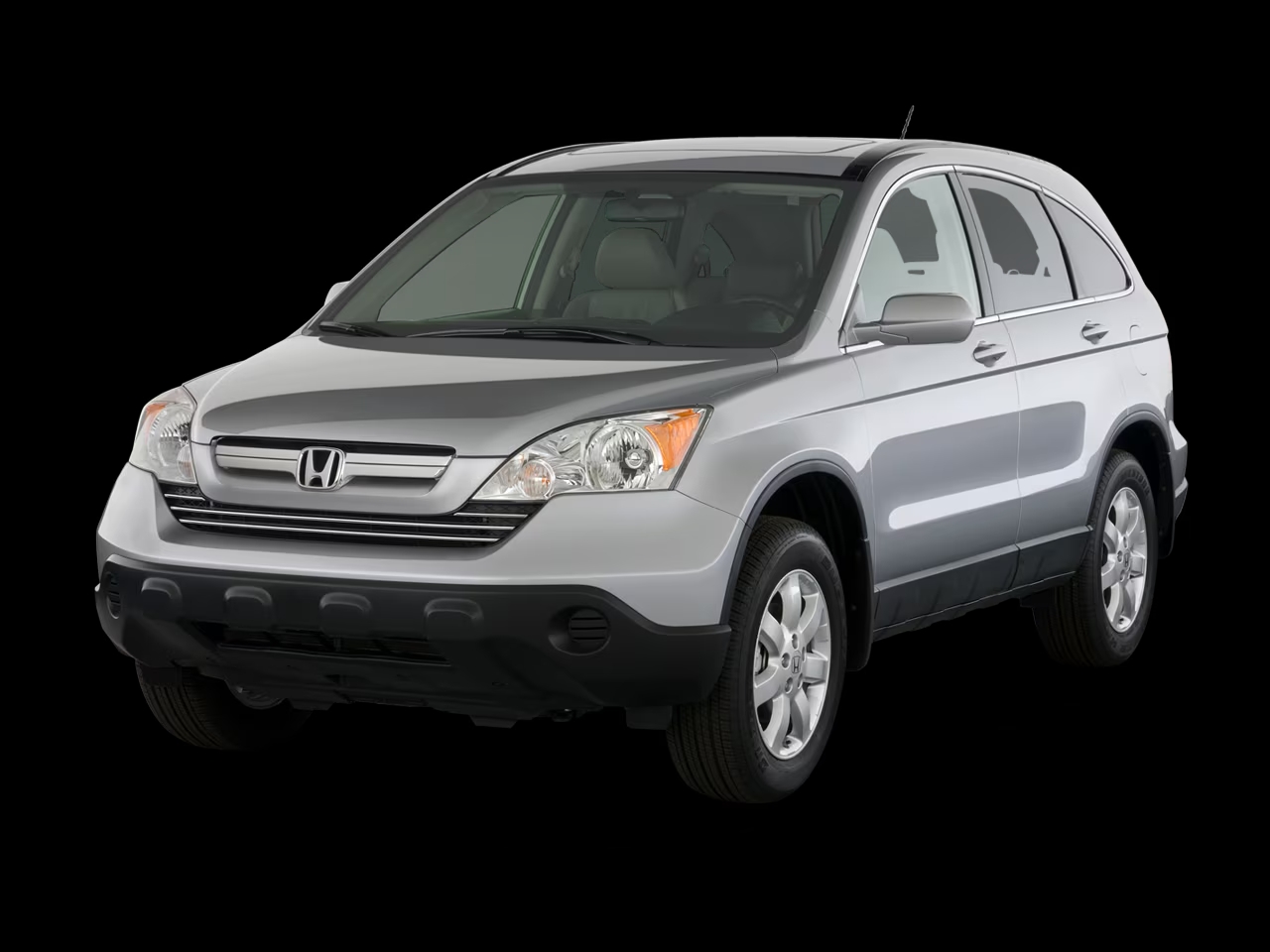
These airbag recalls span from February 2016 to June 2019. The Takata recall affected many Honda models and other brands as well.
The 2008 CR-V also has model-specific issues, including corrosion, with one corrosion-related recall in 2023. Many drivers reported corrosion in the rear subframe.
Another issue is the automatic locking doors, with hundreds of complaints about doors locking or unlocking randomly, often while driving.
2016 Honda Pilot
Honda redesigned the Pilot SUV for the 2016 model year, introducing modern styling and new cabin tech. Powertrain options were also updated, though this led to temporary quality issues.
The NHTSA has issued six recalls for the 2016 Pilot, covering a range of problems. One recall from 2021 addressed a faulty hood latch that could cause the hood to open while driving.
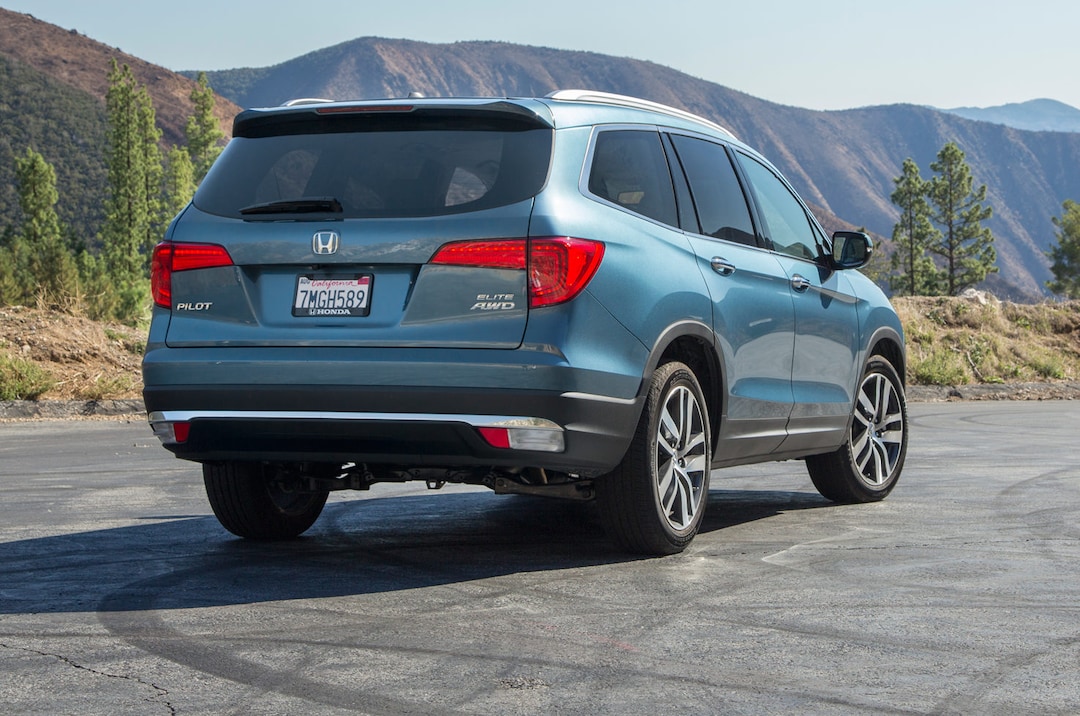
Another recall in 2023 concerned a manufacturing defect in the engine’s connecting rod bearing.
Although not all 2016 Pilots are included in the 2023 recall, drivers reported similar rod bearing failures in supposedly unaffected cars.
Additionally, the model received over 1,100 complaints, with electrical system issues accounting for about half. Other common issues include faulty fuel pumps and emissions-related warning lights that cause power loss.
2001 Honda Civic
The Civic, Honda’s best-selling model, is known for its affordability and reliability. However, some model years have issues, particularly the 2001 Civic, which has received over 1,100 complaints.
Many complaints relate to the airbags — the 2001 model was affected by the extensive Takata recall.
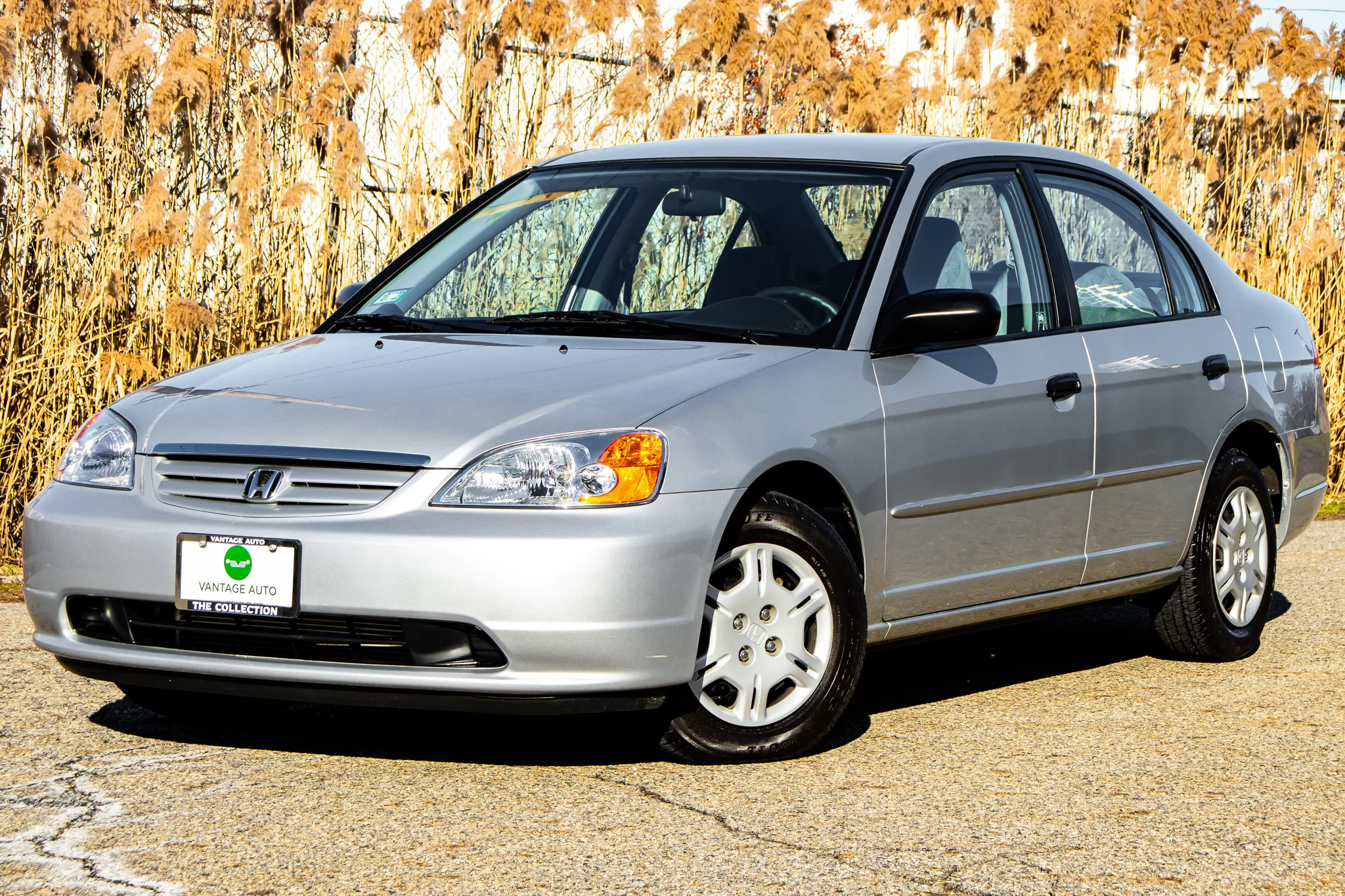
The 2001 Civic also has a higher-than-average number of powertrain problems, notably transmission failures.
Numerous owners reported transmission failures at high speeds with little warning.
Despite this, Honda has not issued a recall for the transmission, and the NHTSA is not currently investigating it.
1998 Honda Accord
The 1998 Honda Accord has had 19 recalls, mostly for minor issues, like missing reflectors in certain models. However, it also had significant recalls.
The most recent was in 2020, involving nearly 1.5 million cars from 1996 to 2000 due to potential airbag inflator faults.
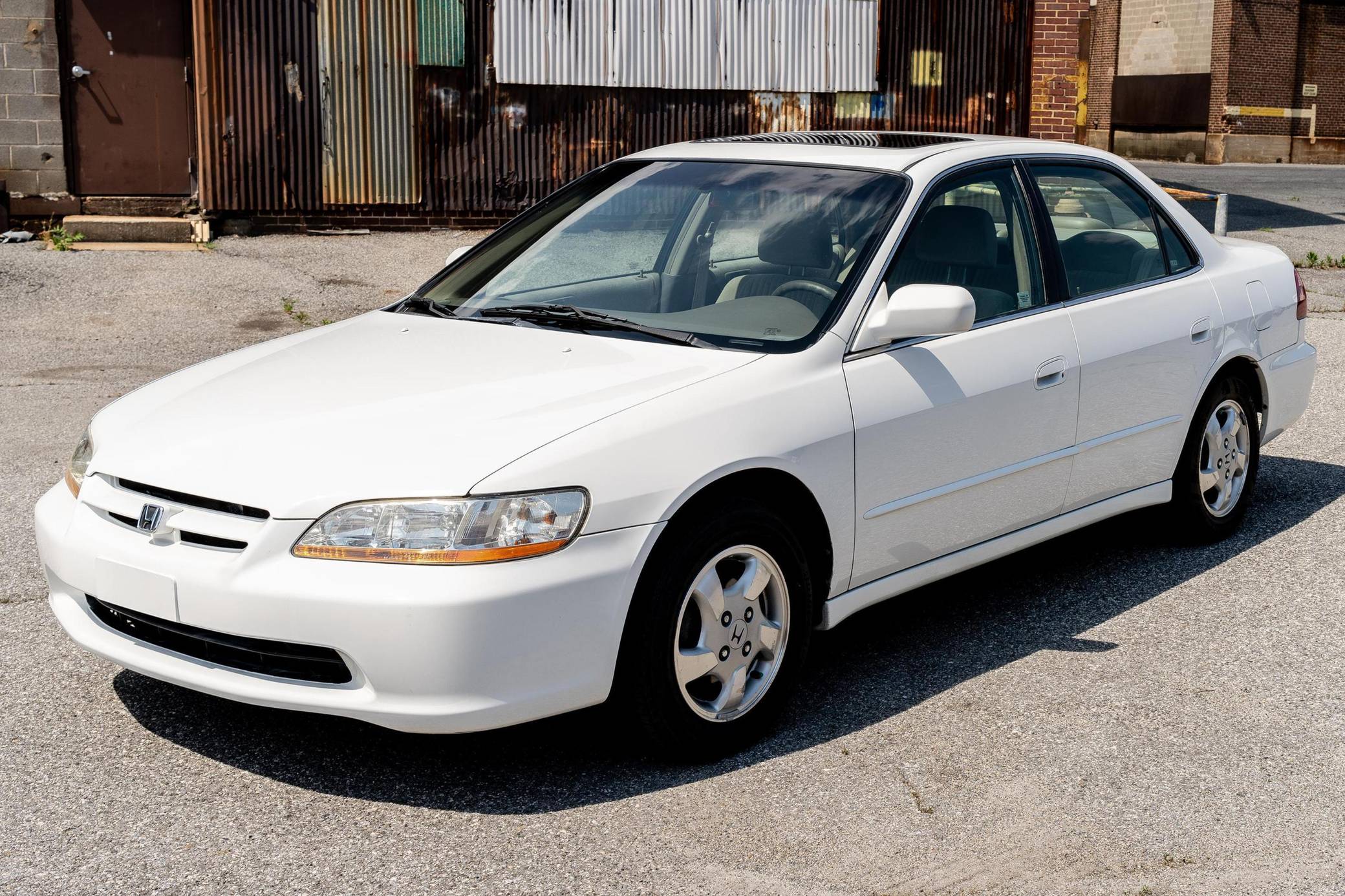
Earlier recalls in 2002 and 2003 addressed defective ignition switches.
Some recent complaints suggest that ignition switch issues might not have been fully resolved, with drivers reporting the engine cutting out, sometimes at freeway speeds.
2017 Honda CR-V
When Honda revamped the CR-V for 2017, it included updated styling and additional safety features.
However, this model year has received more consumer complaints than any other CR-V, with over 1,400 lodged with the NHTSA.
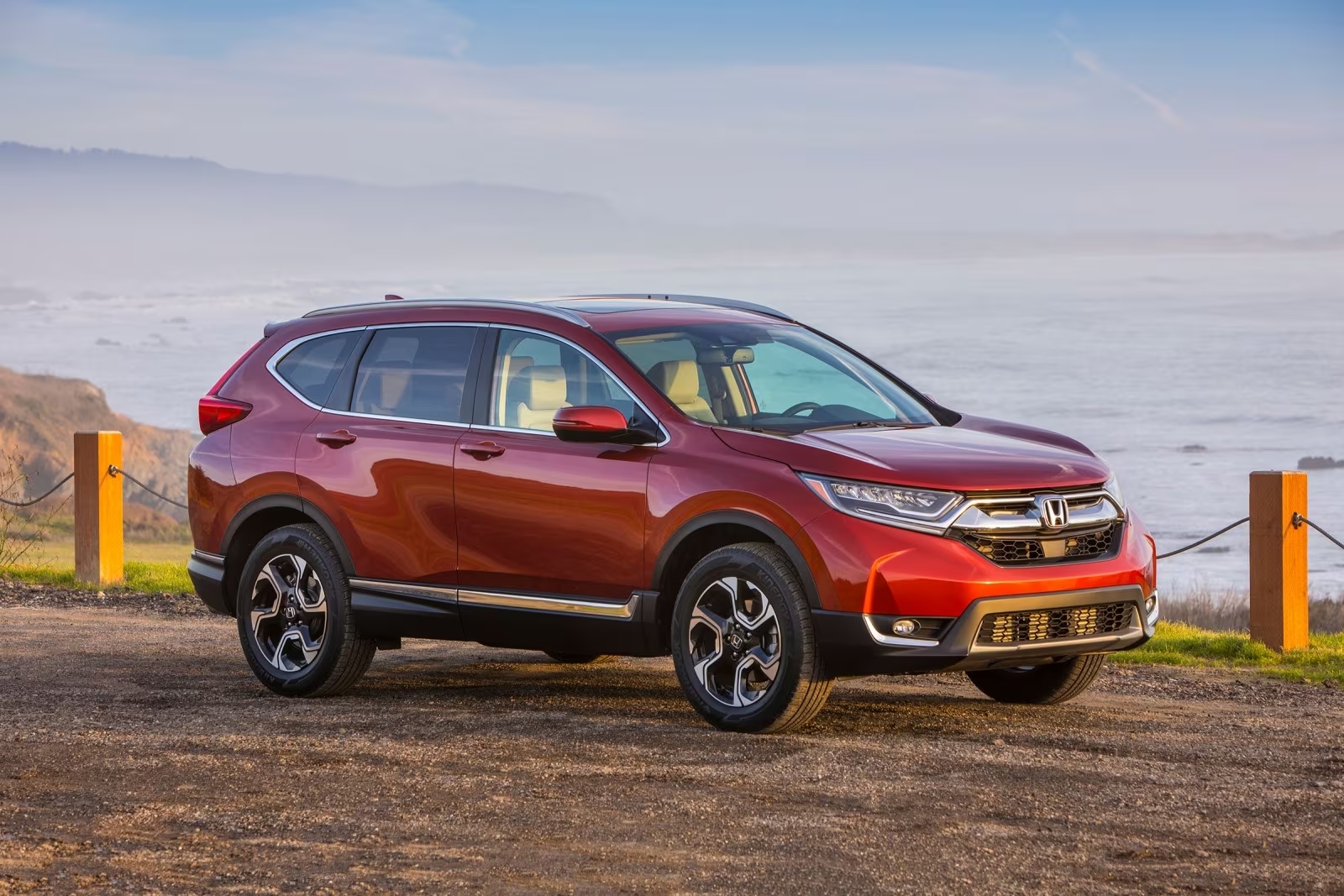
Over 100 of these complaints involve the forward collision avoidance system, with the NHTSA investigating the issue.
Complaints also mention fuel injector problems and various electrical issues. The 2018 CR-V model year is similarly problematic, with over 1,300 complaints.
2008 Honda Accord
The 2008 Accord featured a conservative yet appealing design. Despite positive reviews, such as MotorTrend’s, which noted its economy and spaciousness, it also had issues.
After 15,000 miles, it was reported that their test vehicle required replacement brake pads and rotors.
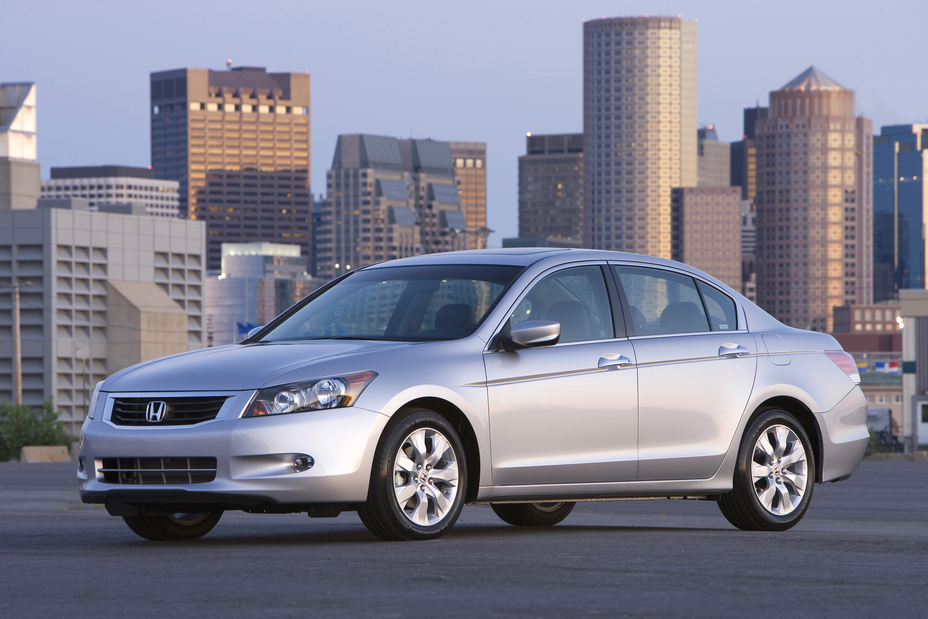
This issue was shared by many, as over 500 complaints mention premature brake wear, although Honda has not issued a recall for it.
The 2008 Accord has also faced nine recalls, primarily concerning defective airbags, and many complaints regarding engine and headlight issues.
2002 Honda Odyssey
Before SUVs became family favorites, minivans like the Honda Odyssey provided practical solutions. However, the 2002 Odyssey model year had significant problems.
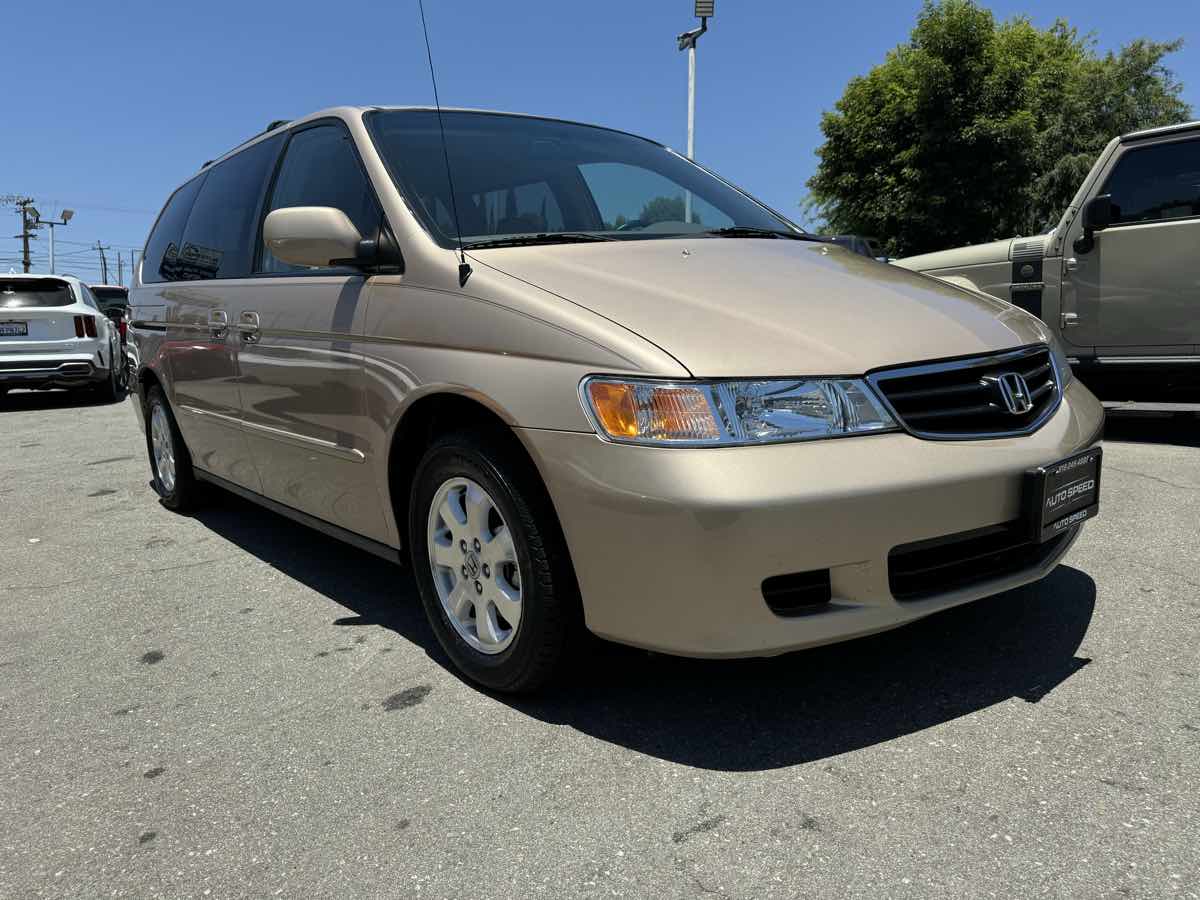
Almost 1,000 complaints have been made, with over 600 related to the powertrain, specifically transmission issues such as gear slipping or complete failure.
Honda issued a recall for the transmission in 2004, but many complaints continued, suggesting some repairs may have been neglected.
2006 Honda Civic Hybrid
The 2006 Civic Hybrid stands out not for a specific issue but for having a higher-than-average number of problems.
With 17 recalls and over 1,400 complaints, this model has issues ranging from Takata airbags to a defective rear wheel speed sensor.
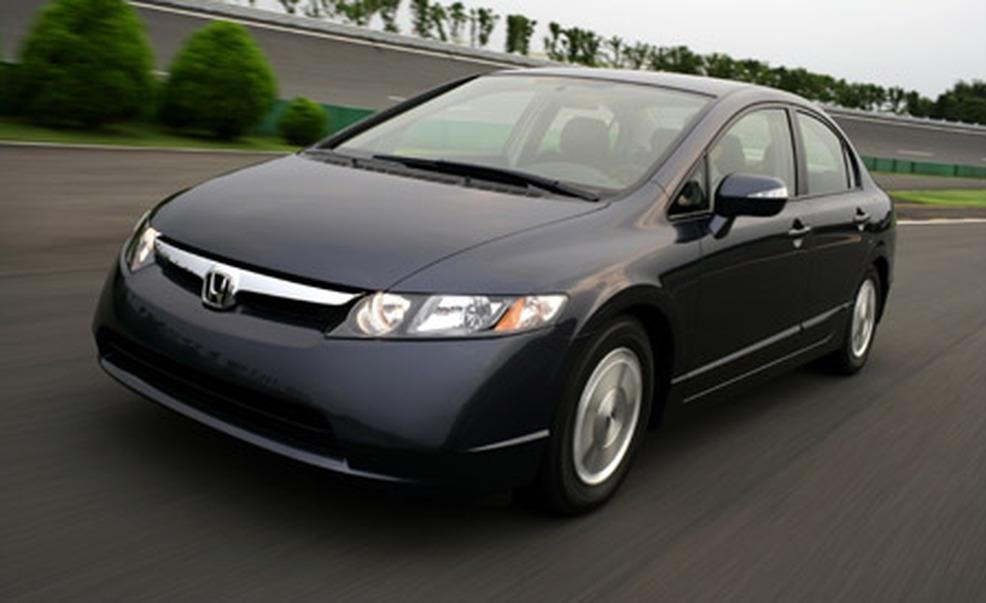
Other issues include sun visor failure, rear suspension problems, and engine and cooling system issues. The 2007 Civic Hybrid also had similar complaints, making it another year to avoid.
2003 Honda Accord
The 2003 Accord is Honda’s most frequently recalled model, with 24 recalls and over 2,000 complaints. Some recalls addressed lighting defects, while nine others concerned Takata airbags.
A recall in 2004 attempted to fix a transmission issue affecting multiple models, including the Odyssey.
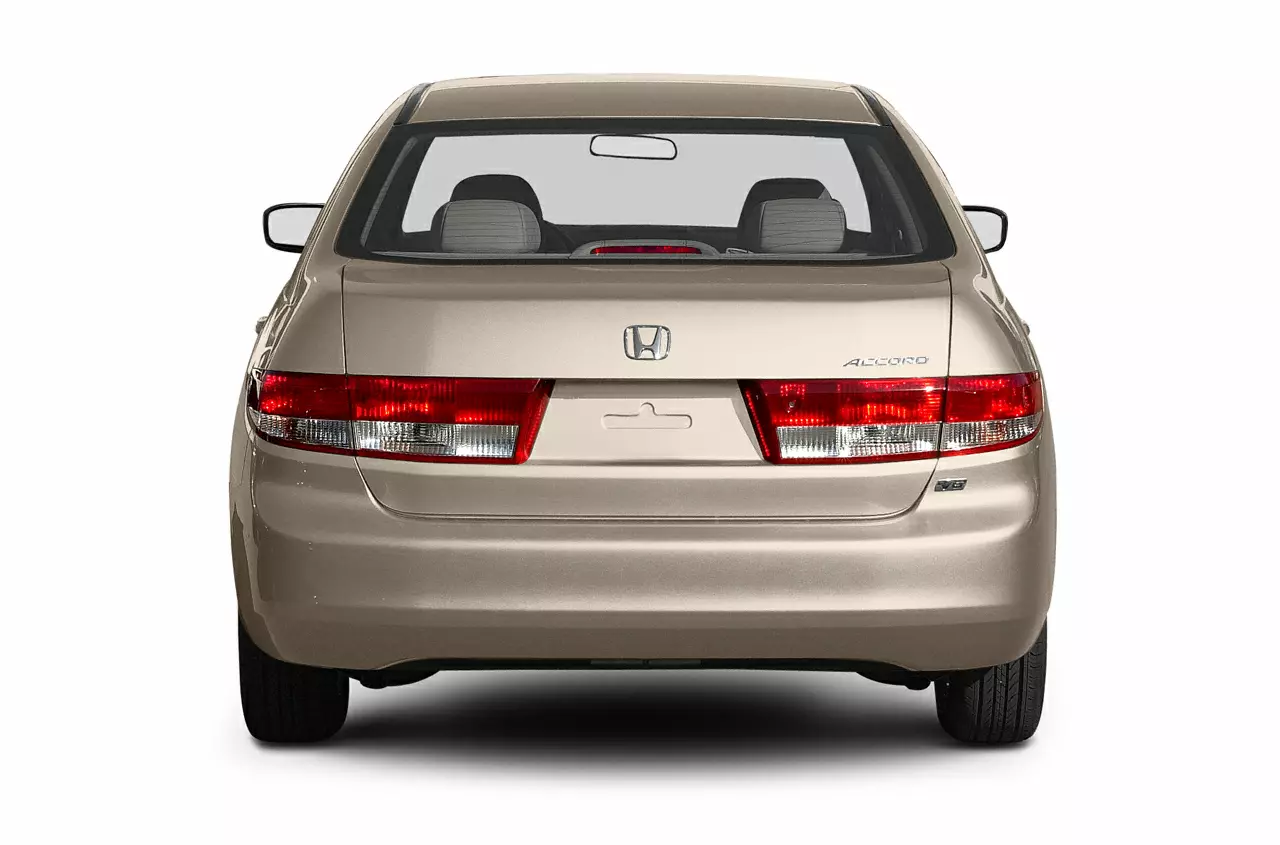
Despite the recall, over 900 complaints mention transmission problems, suggesting it did not fully address the issue.
Other issues include braking, engine components, and electrical system problems, making the 2003 Accord a model year to avoid.

